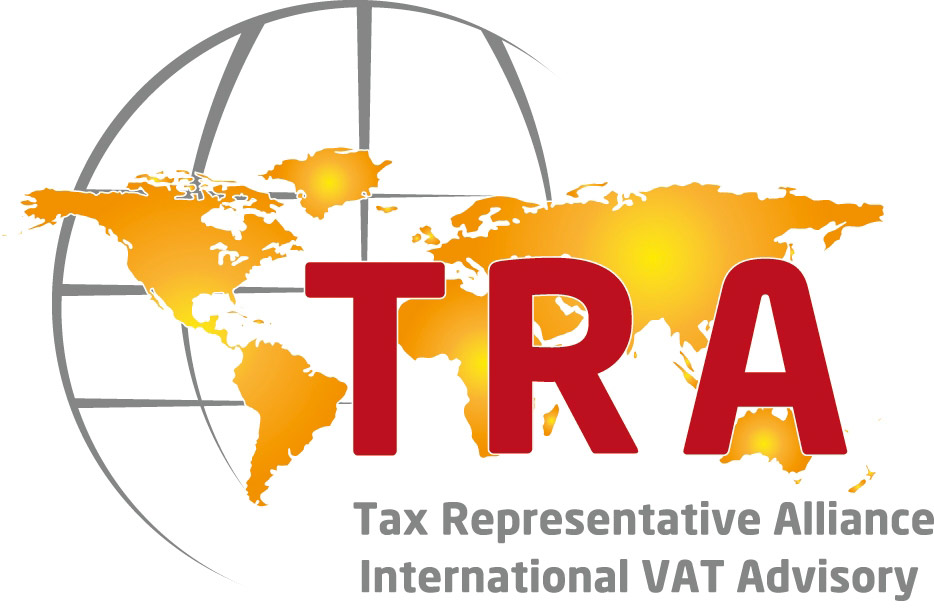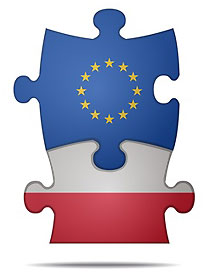The partner of the Polish TRA member Intertax, Boguslaw Kedzior, attended a VAT conference organized by the national Ministry of Finance in collaboration with the European Commission in Warszawa von September 9th, 2014.
The speakers at the conference were Donato Raponi, Ewa Wdowczyk-Szpytma, Alessio Nardi (European Commission), Thomas Ecker (Austria), Małgorzata Woźniak (Poland), Fabio Celozzi (Italy), Kirill Zõkov (Estonia) and Kamila Zakrzewska (Poland).
The following topics were discussed in detail during the conference:
- What is a digital service?
- Who is making the supply? The meaning of Article 9A.
- Who is the customer?
- How to determine the place of consumption? Use of presumptions.
- MOSS Registration, Returns and Payments. Short presentations of three Member States regarding their MOSS system (Poland,Italy, Estonia).
There were also three discussion panels during the conference devoted to the presented topics, during which the participating in the conference representatives of business from Poland and many other EU countries asked the speakers questions that expressed their doubts / concerns related to the changes in VAT in 2015 and the functioning of the MOSS system.
What is a digital service?
Main issues:
- The concepts of telecommunications, broadcasting and electronic services. Positive and negative lists. The approach of using open-ended lists.
- When are programmes ‘provided to the general public’? When are programmes for ‘simultaneous listening or viewing’?
- What is the distinction between broadcasting services and programmes on demand?
- “Over the top” services.
Who is making the supply? The meaning of Article 9 A.
Main issues:
- The cases when services are not supplied directly to the final customer but via intermediaries. Often long and stretching across borders supply chains.
- The presumptions.
- Rebuttal of the presumption.
- Nature of the contractual relations.
Unfortunately, probably it will not be possible to avoid contacts with the tax authorities of each country to obtain their opinion on the given transaction. In 10/2014 a separate website devoted to the place of taxation will be launched by the European Commission. Unfortunately there is no mechanism which would resolve conflicts causing double taxation. However, the Commission optimistically assumes that the fact that all countries have accepted the Explanatory Notes, will cause that there will not be many conflicts and disputes in this area.
Who is the customer?
Main issues:
- Status of the final consumer (a non-taxable person), a natural person (that is a private individual), a legal person.
- The concept of “established”.
The supplier of telecommunications, broadcasting and electronic services may regard any customer who does not provide him with a VAT identification number as a non-taxable person.
How to determine the place of consumption? Use of presumptions.
Main issues:
- Presumption of location of a customer.
The presumptions are intended to offer some flexibility in terms of future IT developments.
- The cases where the various presumptions could clash.
- Rebuttal of presumptions by the supplier by tax authorities.
- The risk of frauds.
Event in Santa Monica (USA)
“New European Union VAT Rules for Telecommunication, Broadcasting and Electronic Services – What you need to know” – event in the USA on September 16, 2014.
Alessio Nardi (DG TAXUD, EC) announced at the end of the conference, that soon the representatives of the EC will go to Santa Monica to encourage American companies to disclose and declare to the EU tax authorities transaction under the new VAT rules in 2015. Let us hope that these incentives will meet the expected positive response of the American business.
The comments by Boguslaw Kedzior
“In my opinion, the representatives of the European Commission too optimistically assumed that the introduction of the new rules will not issue any major obstacles for the business. The problems are arising / are already visible right now, before the implementation of the new rules. Additionally, they are visible in both in the area of determining the place of taxation as well as the MOSS functioning. Some situations practically have not been envisaged by the law. The examples were reported by the participants representing business during the discussion panels. However, statement of Donato Raponi, Head of Unit, VAT and other Turnover Taxes, European Commission addressed to the representatives of the tax administration had optimistic tone: “If the entrepreneur acts rationally, this shall be respected.” I hope that this recommendation will become the motto for the tax authorities of different countries, members of the European Union.”, Boguslaw Kedzior from the Polish TRA memberfirm Intertax summarized his impressions from the Tax Forum with the European Commission in Warzsawa.



